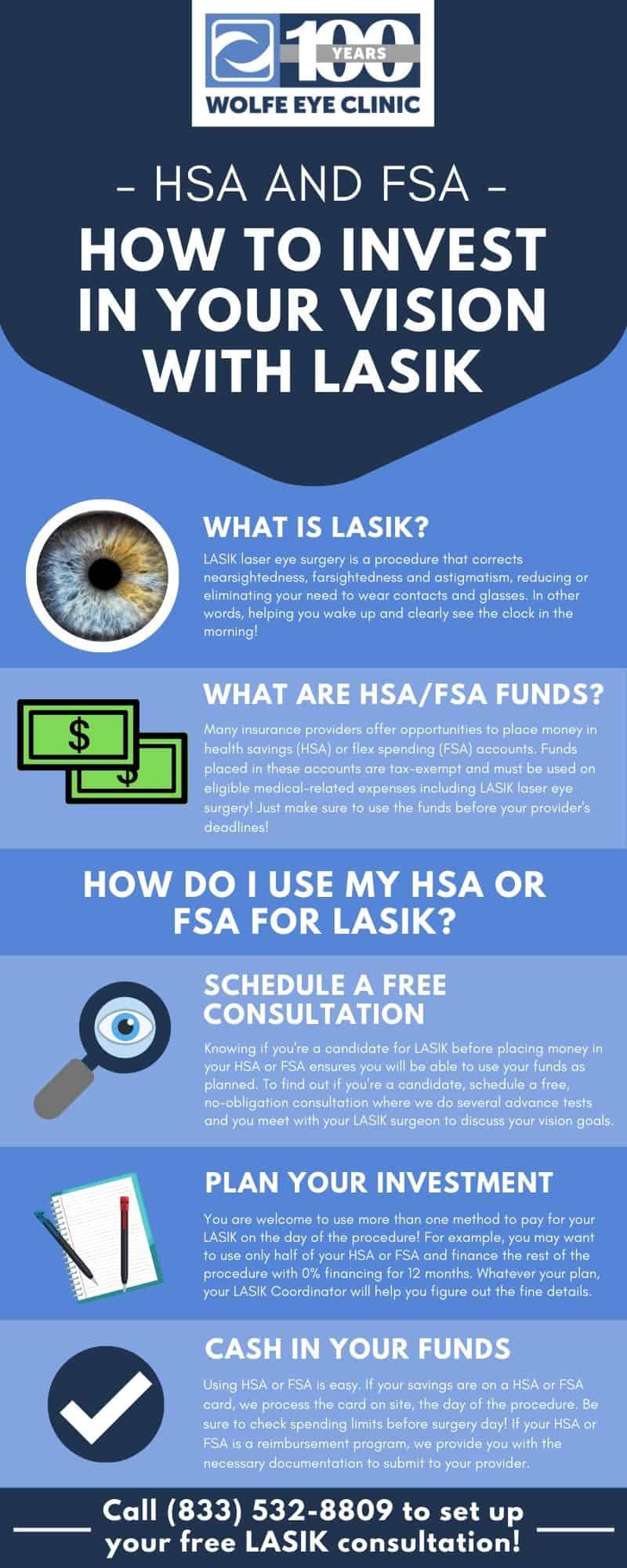Sub-Heading: Introduction
In today’s fast-paced world, managing blood sugar levels effectively is crucial for overall health and well-being. Whether you’re dealing with diabetes or simply aiming for better control, knowing how to reduce blood sugar rapidly can be incredibly beneficial. In this article, we’ll explore expert tips and strategies for achieving quick results in lowering blood sugar levels.
Sub-Heading: Understand Your Body’s Response
First and foremost, it’s essential to understand how your body responds to different foods and activities. Pay close attention to how your blood sugar levels fluctuate throughout the day in response to meals, exercise, stress, and other factors. By understanding your body’s unique patterns, you can better tailor your approach to rapid blood sugar reduction.
Sub-Heading: Prioritize Physical Activity
Regular physical activity is one of the most effective ways to lower blood sugar quickly. Exercise helps your body use insulin more efficiently, allowing glucose to enter cells and be used for energy. Aim for at least 30 minutes of moderate-intensity exercise most days of the week, such as brisk walking, cycling, or swimming, to help stabilize blood sugar levels.
Sub-Heading: Choose Low-Glycemic Foods
Foods with a low glycemic index (GI) are digested and absorbed more slowly, resulting in a gradual rise in blood sugar levels. Prioritize foods such as non-starchy vegetables, legumes, whole grains, nuts, and seeds, which have a lower impact on blood sugar. Avoid high-glycemic foods like sugary snacks, white bread, and sugary beverages, which can cause rapid spikes in blood sugar.
Sub-Heading: Incorporate Fiber-Rich Foods
Fiber plays a key role in blood sugar regulation by slowing the absorption of sugar into the bloodstream. Incorporate plenty of fiber-rich foods into your diet, such as fruits, vegetables, whole grains, and legumes. Aim for at least 25-30 grams of fiber per day to help maintain stable blood sugar levels and promote overall digestive health.
Sub-Heading: Stay Hydrated
Proper hydration is essential for optimal blood sugar control. Drinking plenty of water helps flush excess sugar from the bloodstream through urine and prevents dehydration, which can lead to spikes in blood sugar levels. Aim to drink at least 8-10 glasses of water per day, and limit your intake of sugary beverages and alcohol, which can cause blood sugar fluctuations.
Sub-Heading: Monitor Your Blood Sugar Levels
Regular monitoring of blood sugar levels is critical for effective management. Invest in a reliable blood glucose meter and check your levels regularly, especially before and after meals, exercise, and bedtime. Keeping track of your blood sugar levels allows you to identify patterns and make necessary adjustments to your diet and lifestyle.
Sub-Heading: Manage Stress Effectively
Stress can have a significant impact on blood sugar levels by triggering the release of stress hormones like cortisol, which can cause insulin resistance and lead to higher blood sugar levels. Practice stress-reduction techniques such as deep breathing, meditation, yoga, or spending time in nature to help keep stress levels in check and promote better blood sugar control.
Sub-Heading: Get Adequate Sleep
Quality sleep is essential for overall health and well-being, including blood sugar regulation. Lack of sleep can disrupt hormone levels and lead to insulin resistance, making it harder for your body to control blood sugar levels. Aim for 7-9 hours of uninterrupted sleep per night to support optimal blood sugar control and overall health.
Sub-Heading: Consult with a Healthcare Professional
If you’re struggling to lower your blood sugar levels or have concerns about your diabetes management, don’t hesitate to seek guidance from a healthcare professional. A doctor or registered dietitian can provide personalized advice and treatment options tailored to your individual needs, helping you achieve better control over your blood sugar levels and overall health.
Sub-Heading: Conclusion
Achieving rapid blood sugar reduction requires a comprehensive approach that includes regular physical activity, a balanced diet, stress management, adequate sleep, and regular monitoring of blood sugar levels. By incorporating these expert tips and strategies into your daily routine, you can achieve quick and effective results in lowering blood sugar levels and improving overall health and well-being. Read more about tips to lower blood sugar fast




